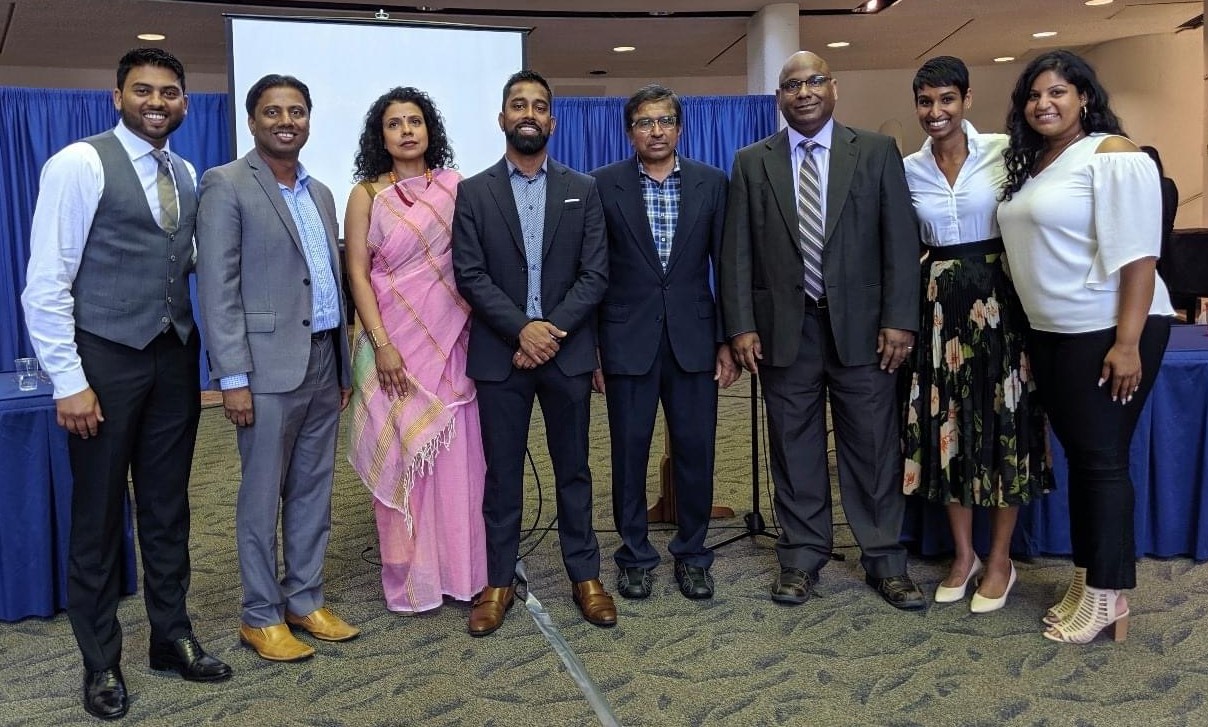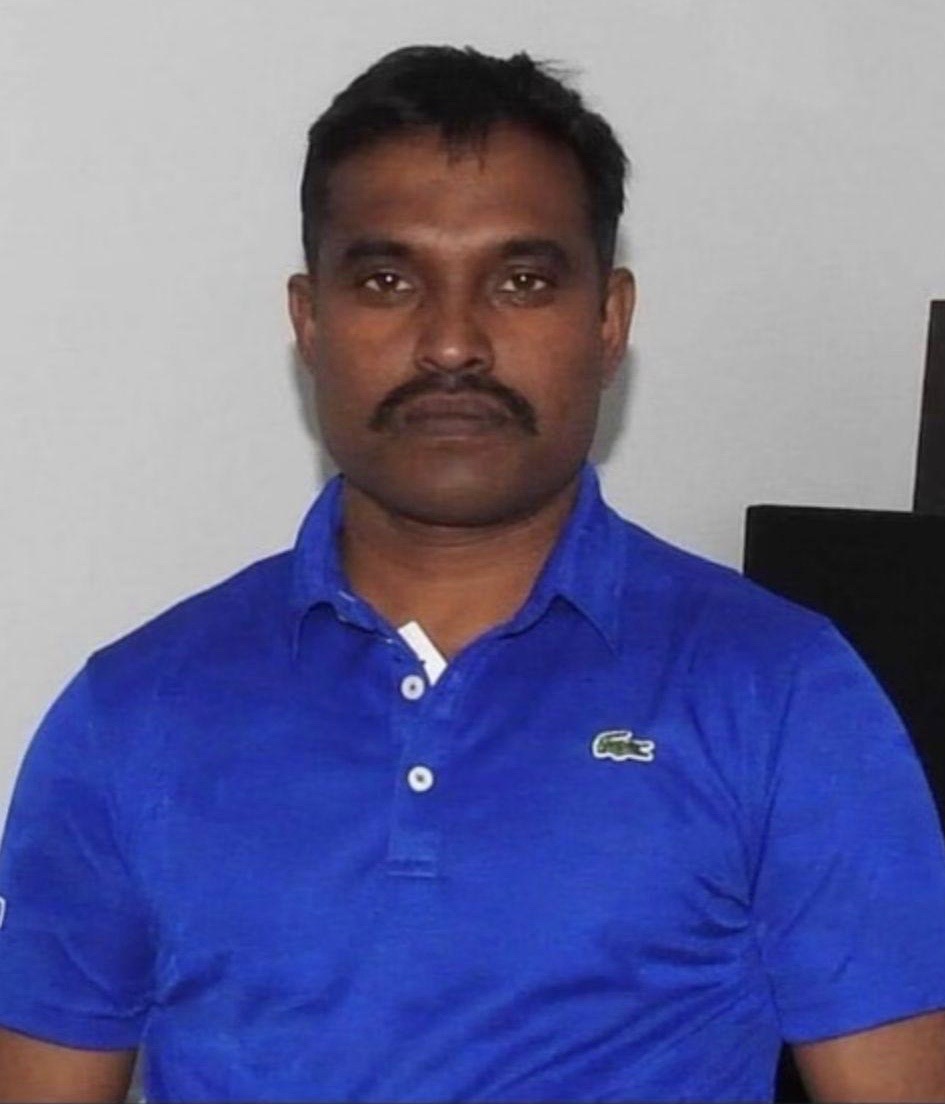As 2021 draws to a close, Tamil Guardian reflects on some of the most significant moments across this past year.
This year started off with an attempt by Sri Lanka's security forces to destroy a Mullaivaikkal monument held at Jaffna University. Tamils responded by launching large-scale protests, sit-ins and a hartal across the North-East despite the continued surveillance, intimidation, and threats of violence by Sri Lanka's security forces.
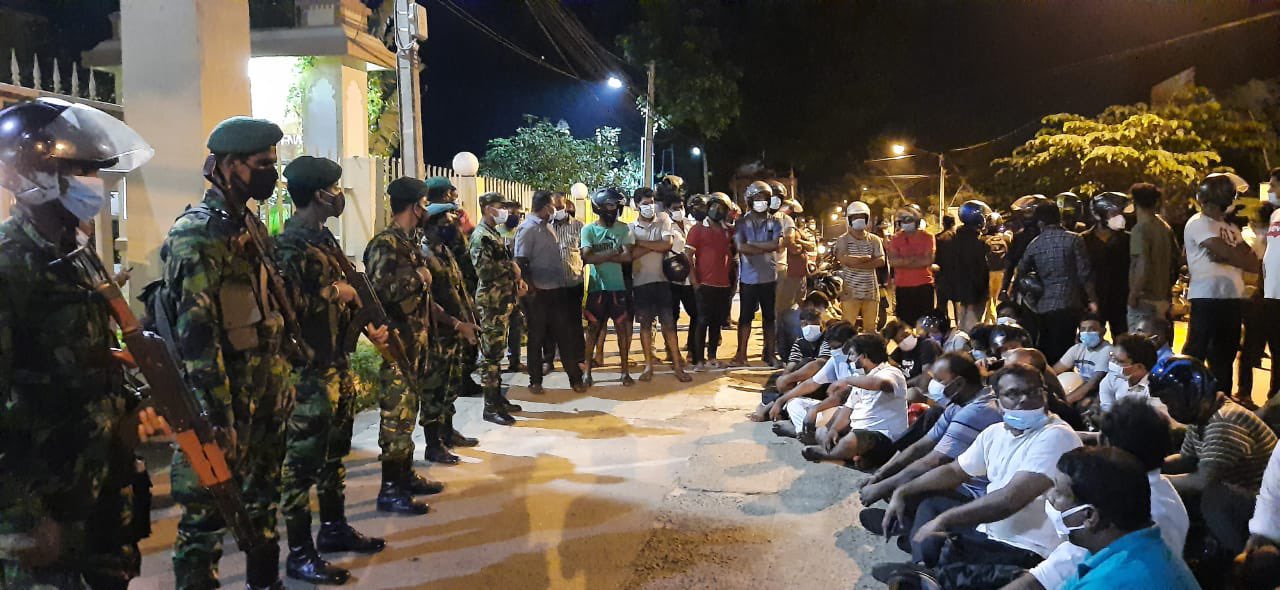
The month was marked with unprecedented unity across the North-East as major Tamil political leaders, Tamil civil society actors and Tamil survivor community representatives unified in their demands for Sri Lanka to be referred to the International Criminal Court (ICC).
UN High Commissioner for Human Rights, Michelle Bachelet, also released a damning report this month which warned of the “seeds of future violence and conflict” in Sri Lanka, and called on member states to consider “asset freezes and travel bans” on Sri Lankan officials accused of human rights abuses.
Read more here: Resisting Erasure
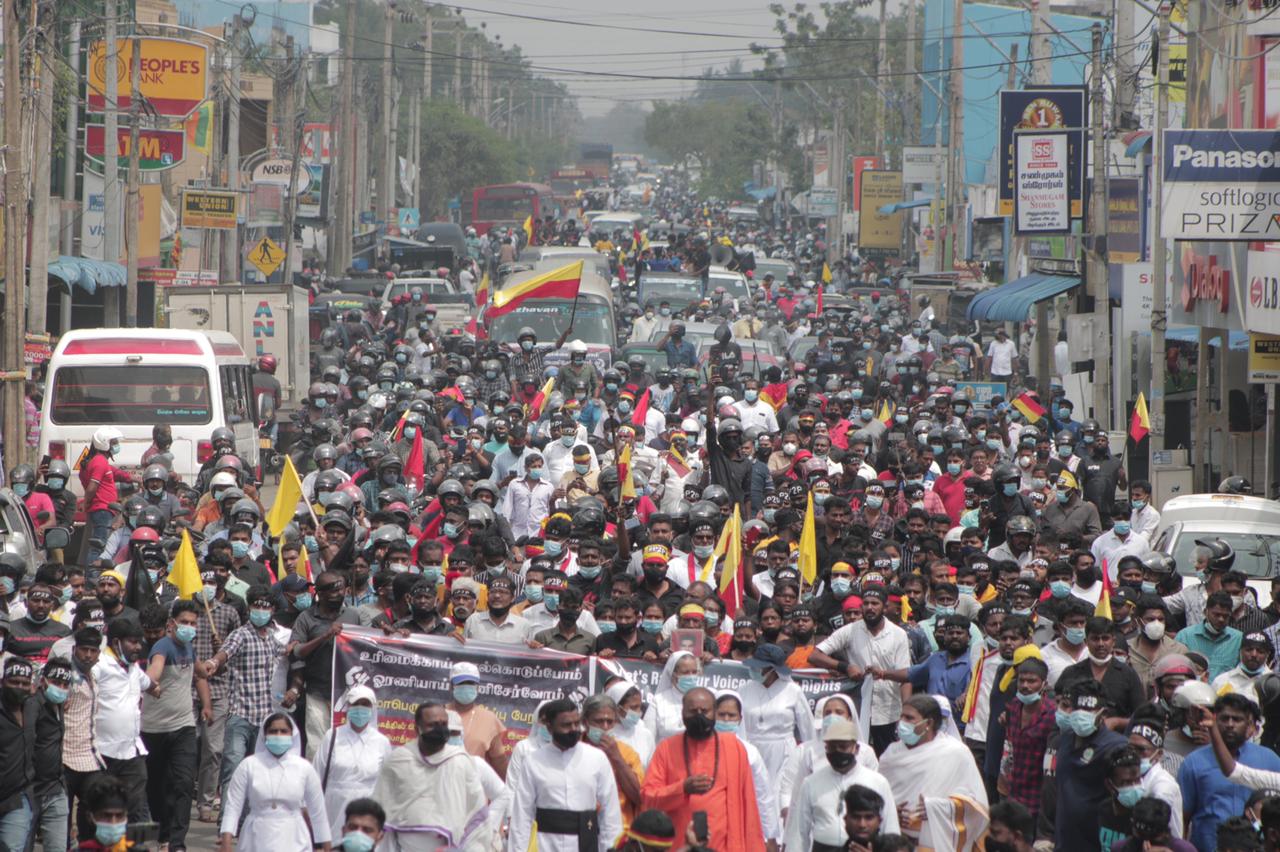
The following month Tamils and Muslims mobilised en-masse to begin a peaceful march from Pottuvil in Amparai to Polikandy (P2P). Their aim was to raise awareness of the ongoing plight of Tamils and Muslims in Sri Lanka and to stress the need for international accountability and justice. During these marches, Families of the Disappeared underwent a hunger strike demanding that the international community take action. Since their demonstrations started, over 100 family members of the disappeared have died without receiving an account for their missing loved ones.
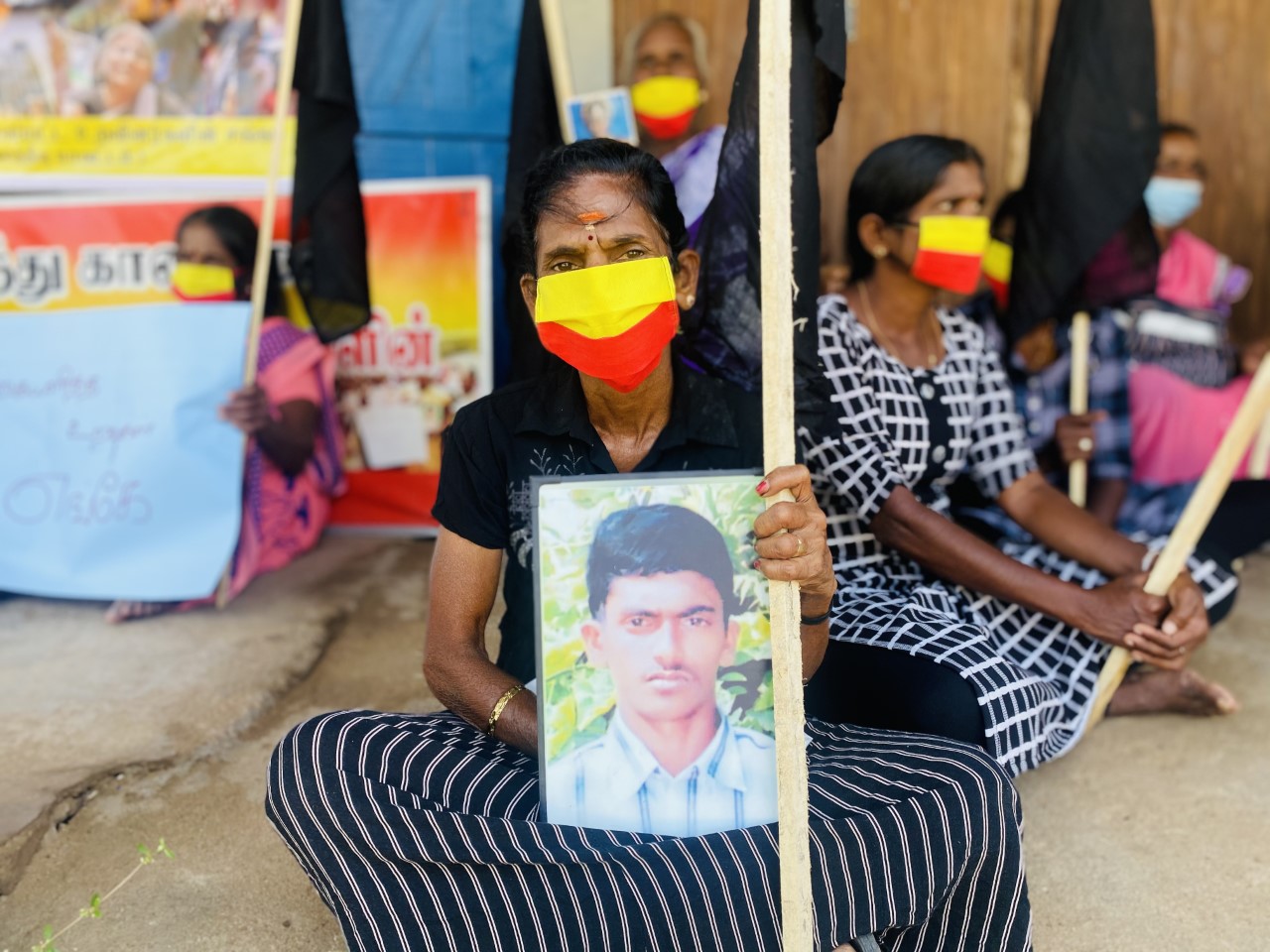
In March, Tamils across the homeland and diaspora took to protests demanding action on Sri Lanka from the international community. In London, Met Police broke up a peaceful protest outside the home of a British Tamil woman who has been on hunger strike for 16 days.
BREAKING - Clashes broke out in Kenton, North-West London, as @metpoliceuk officers attempted to break up a peaceful protest outside the home of a British Tamil woman who has been on hunger strike for 16 days.#british #tamil #eelam #metpolice #london #ScotlandYard pic.twitter.com/9C1VxhKlmU
— Tamil Guardian (@TamilGuardian) March 14, 2021
Following increased international pressure the UN successfully passed a landmark resolution on Sri Lanka mandating for the collection and preservation of evidence that may be used in a future war crimes tribunal. Whilst a step in the right direction, Tamil representatives slammed the resolution for not going far enough and further delaying justice.
Germany despite supporting the resolution and recognising the dire situtation in Sri Lanka, deported over 20 Tamil asylum seekers. Tamils across Germany protested the deportations highligting evidence of ongoing systemic torture in Sri Lanka.
German Tamils continue to protest planned deportations #Germany #Tamil #Refugees
— Tamil Guardian (@TamilGuardian) March 29, 2021
Demonstrators were seen chanting;
'No human is illegal', 'abolish the deportations', and 'seeking refuge is not a crime'https://t.co/zEDqXGX5BR pic.twitter.com/3vKur7MbuE
The Sri Lankan government stepped up its repression announcing a sudden and wide-ranging proscription of hundreds of individuals and several Tamil diaspora organisations.
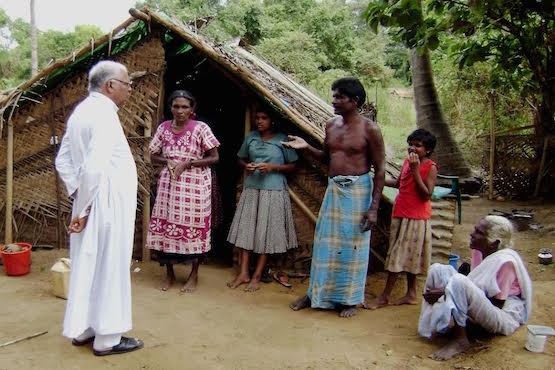
April saw the tragic loss of former Catholic Bishop of Mannar and lifelong Tamil rights activist, Right Reverend Dr Rayappu Joseph. Reverend Joseph was noted for using information from local government offices to pinpoint that 146,679 people were unaccounted for following the final stages of the armed conflict in May 2009.
April also saw the arrest of Jaffna's Mayor, Viswalingam Manivannan, under spurious charges of attempting to resurrect the LTTE because the uniform worn by a task force allegedly bore similarity to a uniform worn by the LTTE's police force.
Read more here: The vice tightens
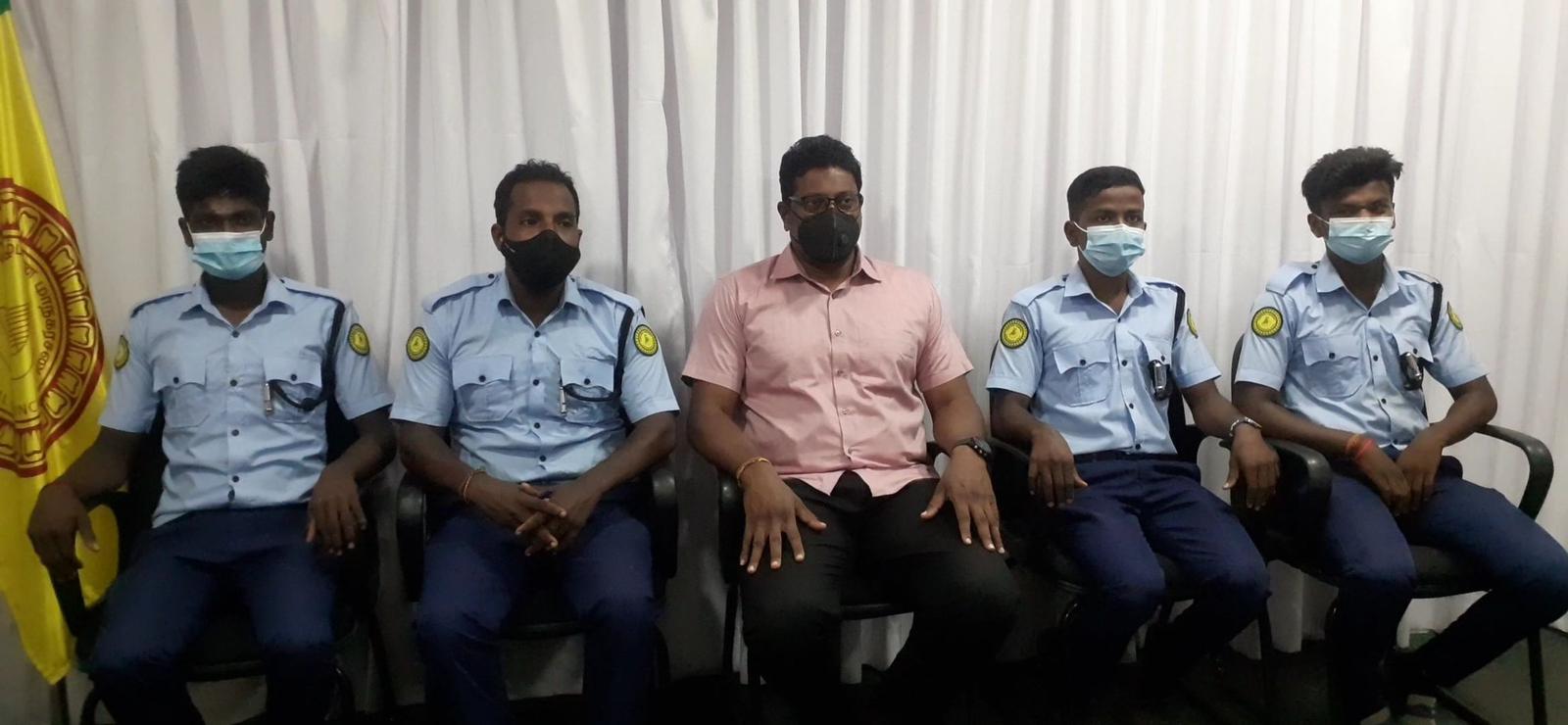
On May 18th the global Tamil diaspora alongside Tamils across the homeland mourned the Mullaivaikkal genocide in which tens of thousands were slaughtered by the Sri Lankan military. 10 Tamil men and women were detained for hold memorial event under Sri Lanka's widely condemned Prevention of Terrorism Act (PTA). Valaichenai District court went on to extended their remand until October 25.
Britain's Upper Tribunal made a landmark ruling in favour of Tamil refugees recognising the risk of torture and ill-treatment they faced by Sri Lanka's abusive security forces.
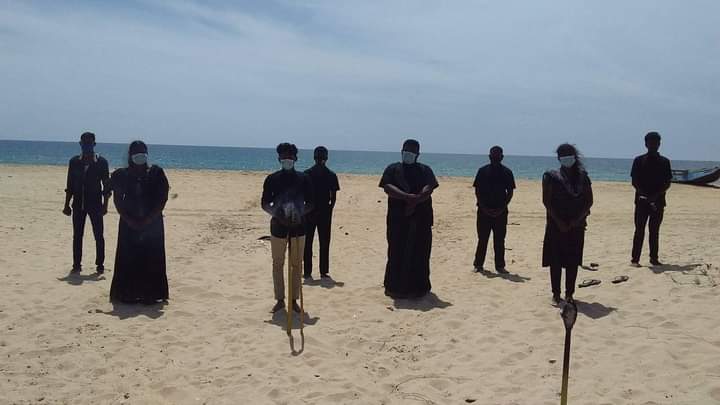
In June European Parliament passed a landmark resolution which noted Sri Lanka's failure to repeal its draconian Prevention of Terrorism Act and encouraged the EU to strip Sri Lanka of its preferable GSP+ trading agreement.
The Canadian government donated $26.3 million for the Tamil Community Centre in Toronto.
August saw the tragic death of Koneshwaran Krishnapillai, a Tamil refugee and father of three, who committed suicide by self-immolation. It followed years of uncertainty regarding his immigration status in Australia.
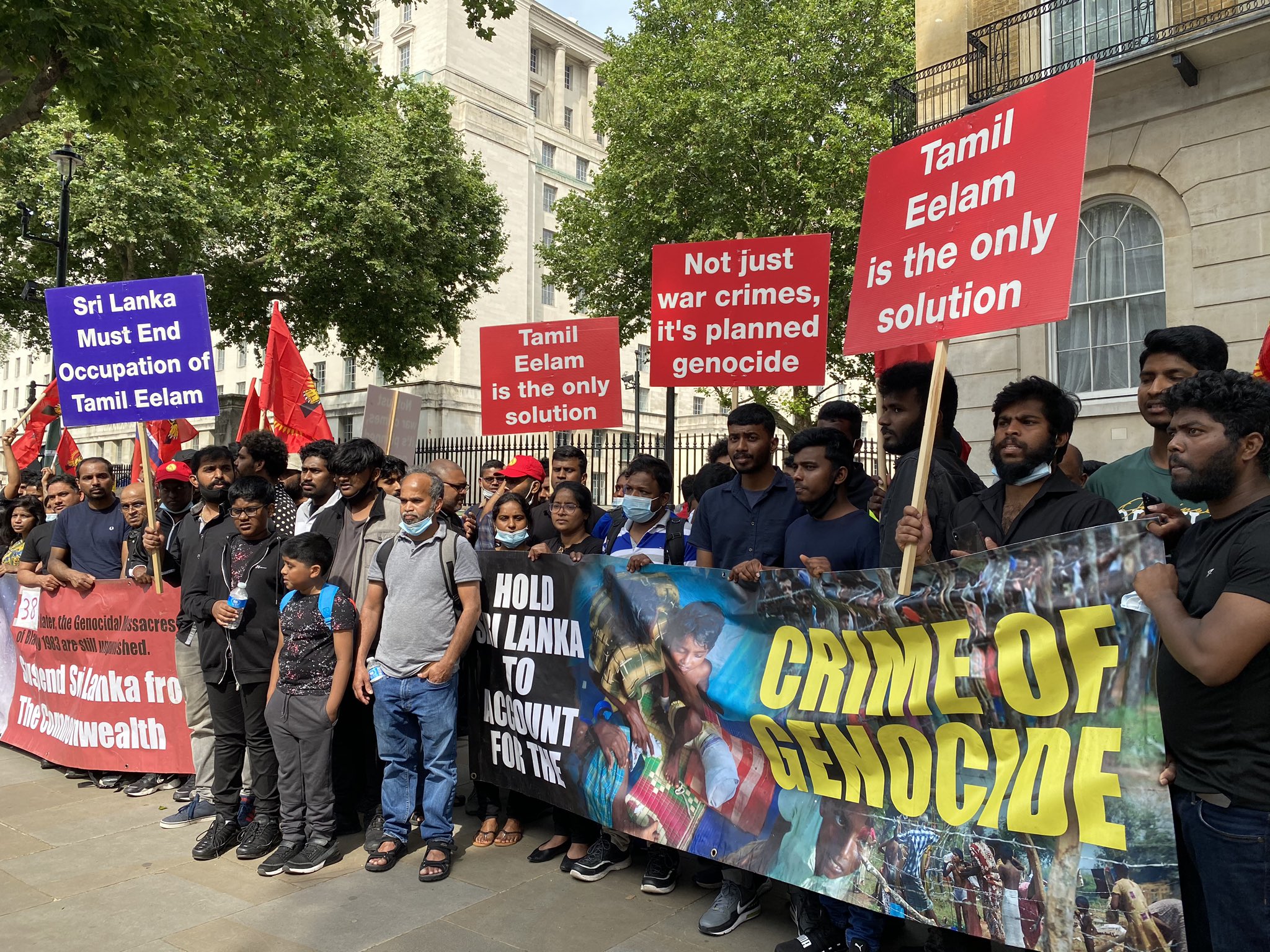
In September and October, British ministers and shadow ministers reaffirmed their commitment to justice in Sri Lanka with then Shadow-Foreign Secretary, Lisa Nandy, demanding that the British government refer Sri Lanka to the International Criminal Court.
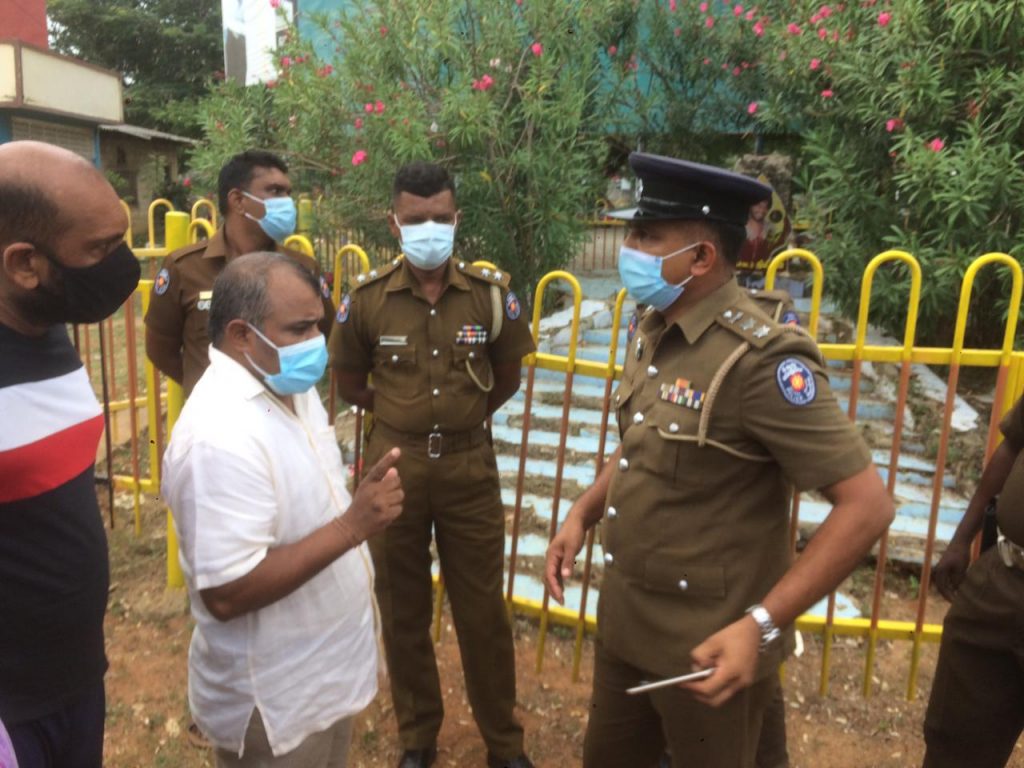
In September the Italian city of Palermo recognise the genocide of Eelam Tamils.
TNPF MP Selvarasa Kajendren was also arrested for commemorating the sacrifices of Lt Col Thileepan this month.
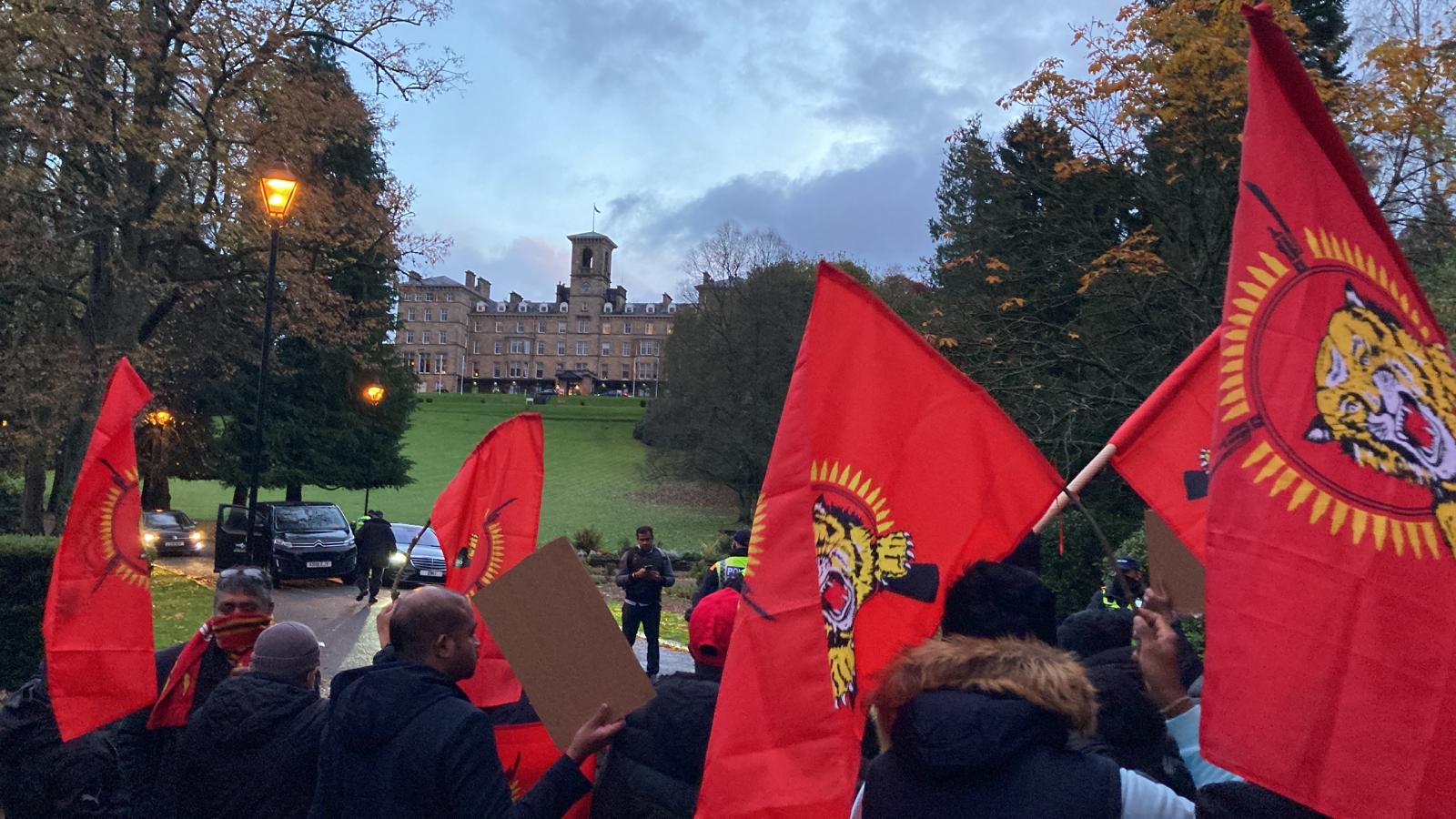
During the UN COP26 climate summit, hundreds of Tamils from across the UK gathered to protest against the presence of Sri Lanka's war crimes accused president Gotabaya Rajapaksa. Tamil activists also organised projections onto the Scottish Parliament Building and targeted adverts in Scottish outlets.
.jpg)
Canadian politicians denounce Instagram’s ban of Tamil Guardian
— Tamil Guardian (@TamilGuardian) October 30, 2021
Politicians called for an explanation from @Meta, after the platform removed @TamilGuardian from Instagram.https://t.co/2lq2fZ3dUg @gary_srp @patrickbrownont @VijayThaniMPP @MichaelChongMP @beynate @PEARL_Action pic.twitter.com/IVfKg8d3Vf
Responding to Instagram's removal of Tamil Guardian's account, Tamil, UK, and Canadian politicians condemned the act of censorship.
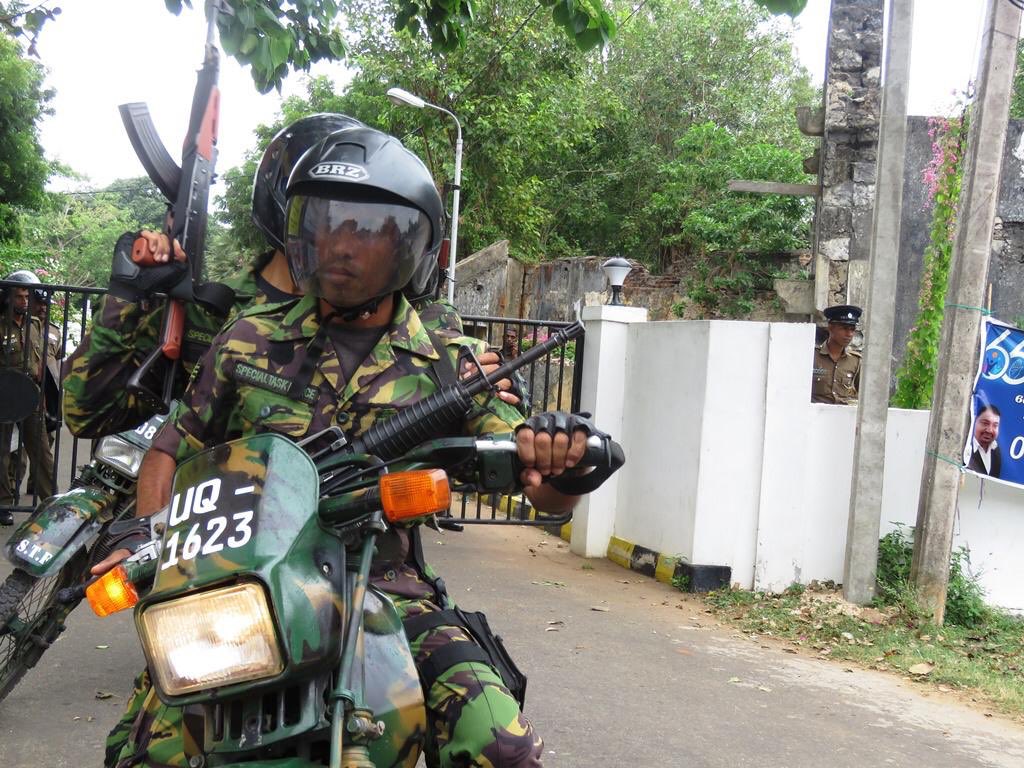
Following international pressure and condemnation from British and Scottish MPs heeded the call of Tamil and Scottish campaigners by announcing that they would not renew their training contract with Sri Lanka's police when it expires in March 2022 due to ongoing human rights concerns.
This year has seen an increase in the number of attacks on Tamil journalists and human rights defenders as well as the number of arrests under Sri Lanka's draconian Prevention of Terrorism Act. Responding to the brutal assault and torture of journalist Viswalingham Viswachandran, Mullaitivu Press Club took to the streets demanding the government end their repression of free media.
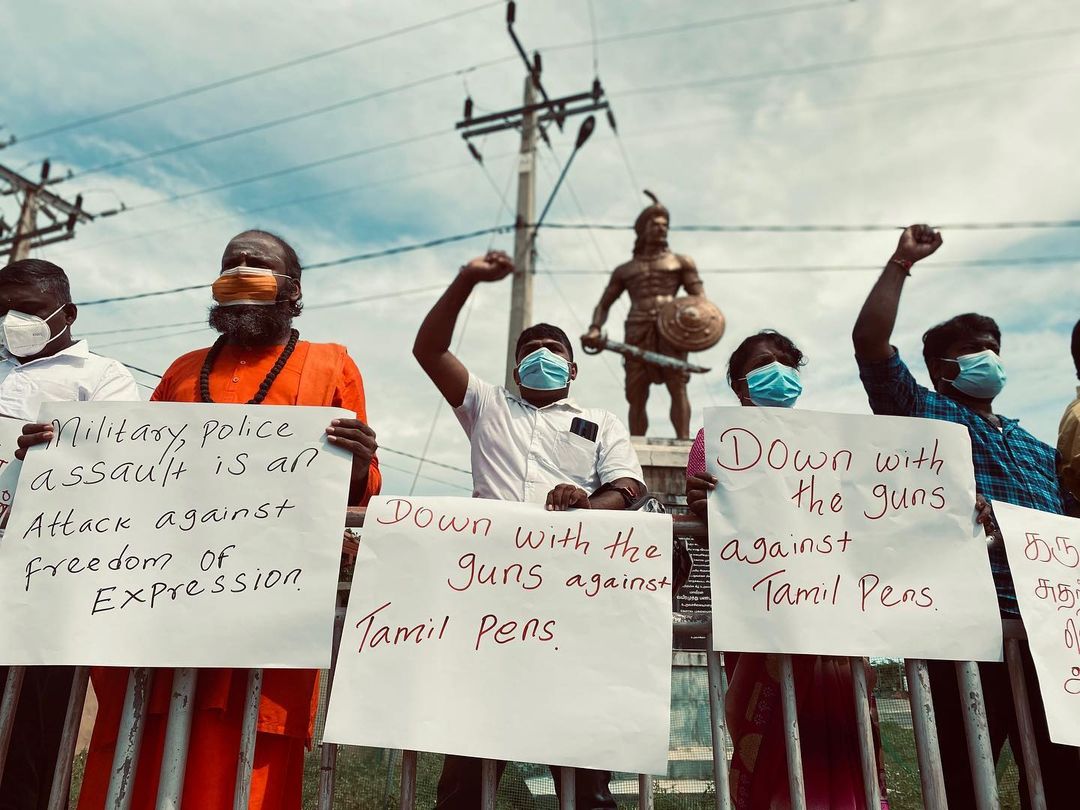
In November the Indian High Commission participated in an opening ceremony in Jaffna wearing a karthigaipoo flower.
This month saw the US announce sanctions on two Sri Lankan war criminals, Chandana Hettiarachchi, a Sri Lankan naval officer, involved in the ‘Trinco 11’ disappearances and Sunil Ratnayake, a soldier who killed at least 8 Tamils. Both officers are now barred from entry to the US. A few weeks later it was reported that the State Department had also imposed a travel ban on Sri Lankan General Udaya Perera for suspected war crimes.
Read more here: Getting serious on Sri Lanka
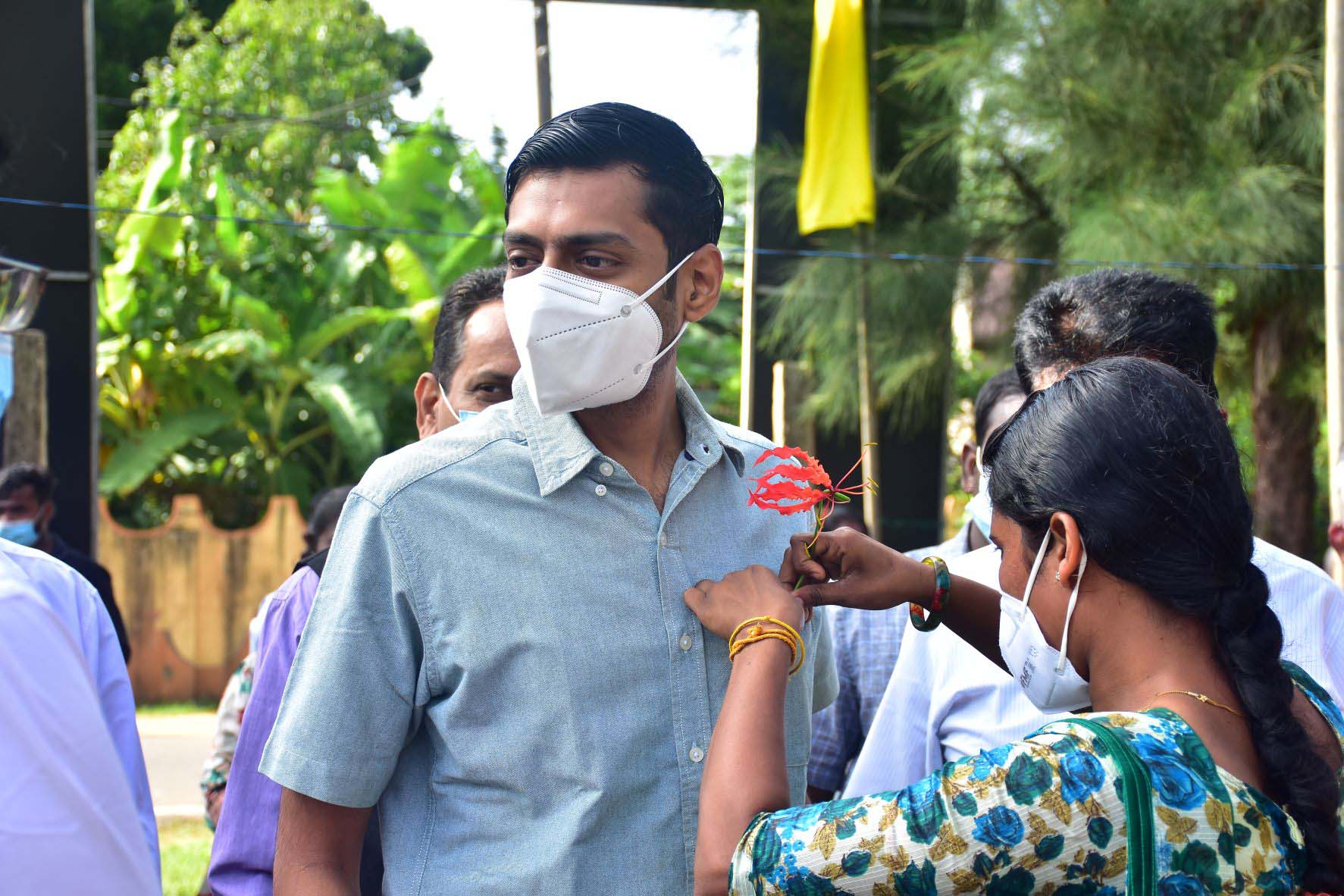
In December China's Ambassador made historic visits to Jaffna and Mannar.
.jpg)
Read more here: Friend or foe? China ventures into the Tamil homeland
The London Assembly call on London's Mayor to mark January as Tamil Heritage Month.
London Assembly calls for January to be declared Tamil Heritage Month @LondonAssembly https://t.co/4znqFDeQCS pic.twitter.com/Nk9PqQUeHB
— Tamil Guardian (@TamilGuardian) December 2, 2021

.JPG)
